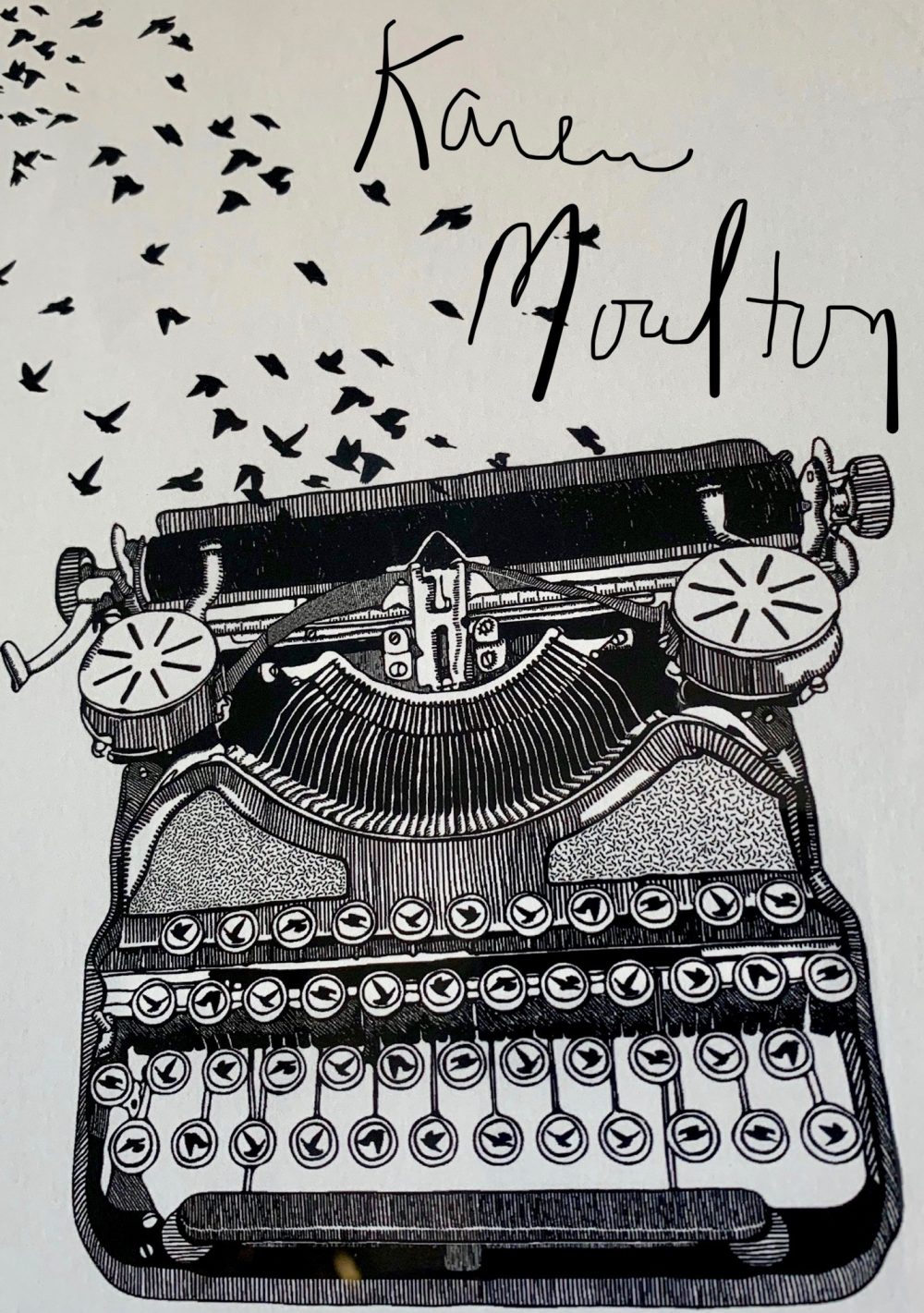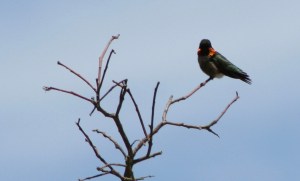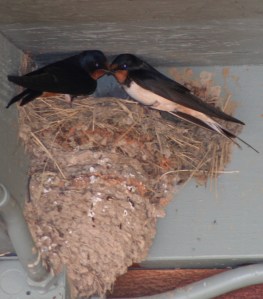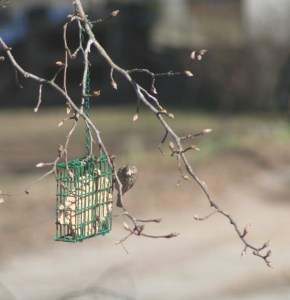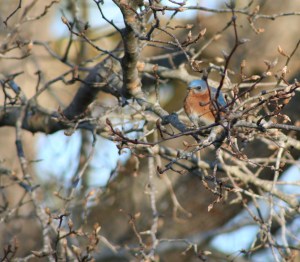“All the really good ideas I ever had came to me while I was milking a cow.” Grant Wood
“It’s a bizarre but wonderful feeling, to arrive dead center of a target you didn’t even know you were aiming for.”
Lois McMaster Bujold
I didn’t mean to retire; it just happened. After working in Asia for twenty-two years, I decided to come home to the U.S. I knew the transition from teaching at elite American schools to U.S. public would be too drastic, so I signed up with an agency that finds jobs at private schools. I did several Skype interviews, but received no offers even though I heard phrases like, “you’re an excellent candidate,” “you have quite the range of experience,” and “that’s the best answer I’ve ever heard for that question.” With no job or even the promise of one, I packed up and moved my belongings to Arkansas. I had sold my home in Washington in the spring. The things I deemed too valuable to give away or sell, I placed in storage. Basically, my life was contained in boxes. Once on American soil, the interview process seemed easier, certainly the time difference was minimal if it existed at all. I ended up with two offers and the promise of another, but each one was either in a huge expensive city or a crime-ridden hot place in the middle of a desert. I was sorely tempted by the challenge of the desert place and think I would have loved working for that principal, but in the end, none of the positions afforded me enough money to live and to travel to see Ken more than the three times a year I had been visiting him from overseas. Wanting to spend more time with him was a big reason I left my six figure job, that and I was pretty worn out from teaching. That last year had been a doozy since I was given students with special needs instead of students learning English. I expended enormous amounts of energy which was worth it—it is always worth it to help kids learn and feel better about themselves.
But now, I find myself living at a much slower pace, in a country setting, with a wonderful partner who pampers me. I discovered I had some income available through a couple of sources and set it up. I got my Arkansas driver’s license, registered to vote, and bought a car. I started telling people I retired. It was official.
Etymonline.com says the meaning of the word retirement differs depending on the context. It can mean to retreat as in warfare; to withdraw to some place, especially for the sake of privacy; to leave an occupation; and to put out in a baseball setting. Definitions 2 and 3 fit my situation although a case could be made for definitions 1 and 4. Ha!
Fast forward (and it does feel like it went by quickly despite Covid 19) one and a half years. I love being retired. While I could sleep in, I usually don’t. Instead, I sit on the front porch swing watching my birds come to the feeders while throwing the ball for the dog. Or sometimes I rock on the back porch using my binoculars to scan the snags and hay bales for red-shouldered hawks, bluebirds, and meadowlarks who are hunting for breakfast. The backyard is quite often filled with activity: at least three species of woodpecker are picking at the suet, Northern cardinals eat the black sunflower seeds, and the house finches—about four families’ worth—perch on the white millet feeder. On the ground, squirrels, chipmunks, and hispid cotton rats scavenge the leftovers.
Our house is surrounded on three sides by open lots, two of which get mown for hay. How to describe our view? Bucolic or pastoral? Both words fit this view because pleasant aspects of the countryside are there to behold and cattle do graze on the lots. I prefer the word pastoral despite my love of cacophonous words. (I think this is so because bucolic sounds too much like bulimic.)
I read—a lot. In August I completed the Sealey Challenge which was to read a book a poetry each day in August. Non-fiction, fiction, and poetry fill my shelves, both actual and digital. The creation of the Kindle was the best thing ever for a book lover like me who also lived in a foreign country and who traveled frequently. It has turned out pretty well for Amazon, too, since with just one click, a purchase is made. These days I am taking greater advantage of the ebook library systems I have access to. There’s something about having a stack waiting for me to dive into that is satisfying. According to Wikipedia (always a go-to, if not the most reliable source), “Tsundoku (Japanese: 積ん読) is acquiring reading materials but letting them pile up in one’s home without reading them. The term originated in the Meiji era (1868–1912) as Japanese slang. It combines elements of tsunde-oku (積んでおく, to pile things up ready for later and leave) and dokusho (読書, reading books).” Maybe I’m just dokusho since I do read the piles of books eventually.
I enjoy taking photos of birds and writing poems about them. I spend a great deal of my time writing, mostly poetry. I’ve gotten very involved with the Poets Roundtable of Arkansas serving as their newsletter editor and coordinator for their collegiate contests. I joined the Master Naturalists and am their continuing education coordinator. Somewhere in there, I decided to learn how to make jewelry and open an Etsy shop. I’ve learned many new words (findings, bails, rondelles) participating in these activities which makes me very happy.
While I am retired, Ken is not. When the afternoon rolls around and he comes home, we move to the backyard to take in the sunset which is usually spectacular. Just as the light is diminishing, we see bats fly around in their random fashion. It turns out I should have been teaching my science students an additional word along with diurnal and nocturnal—crepuscular. There are animals (bats for example) that come out during dusk and dawn. Crepuscular can also refer to anything related to twilight and dim light. We often see crepuscular rays as we watch the sky turn from yellow to orange to pink, and as we rack our brains trying to name each nuanced color. As much as I love words and as many as I know, sometimes I can’t find the one I want, but I keep trying. I guess that’s the poet in me or maybe the logophilia.
